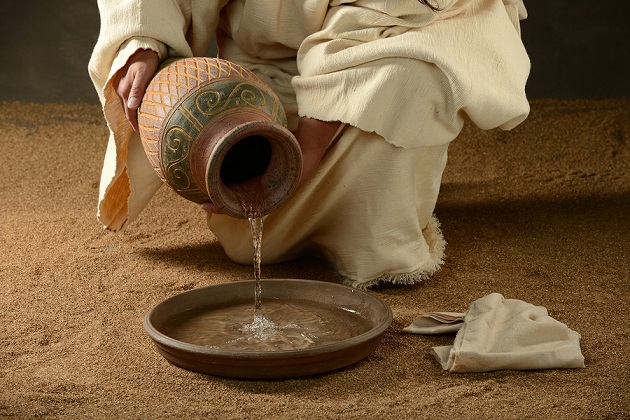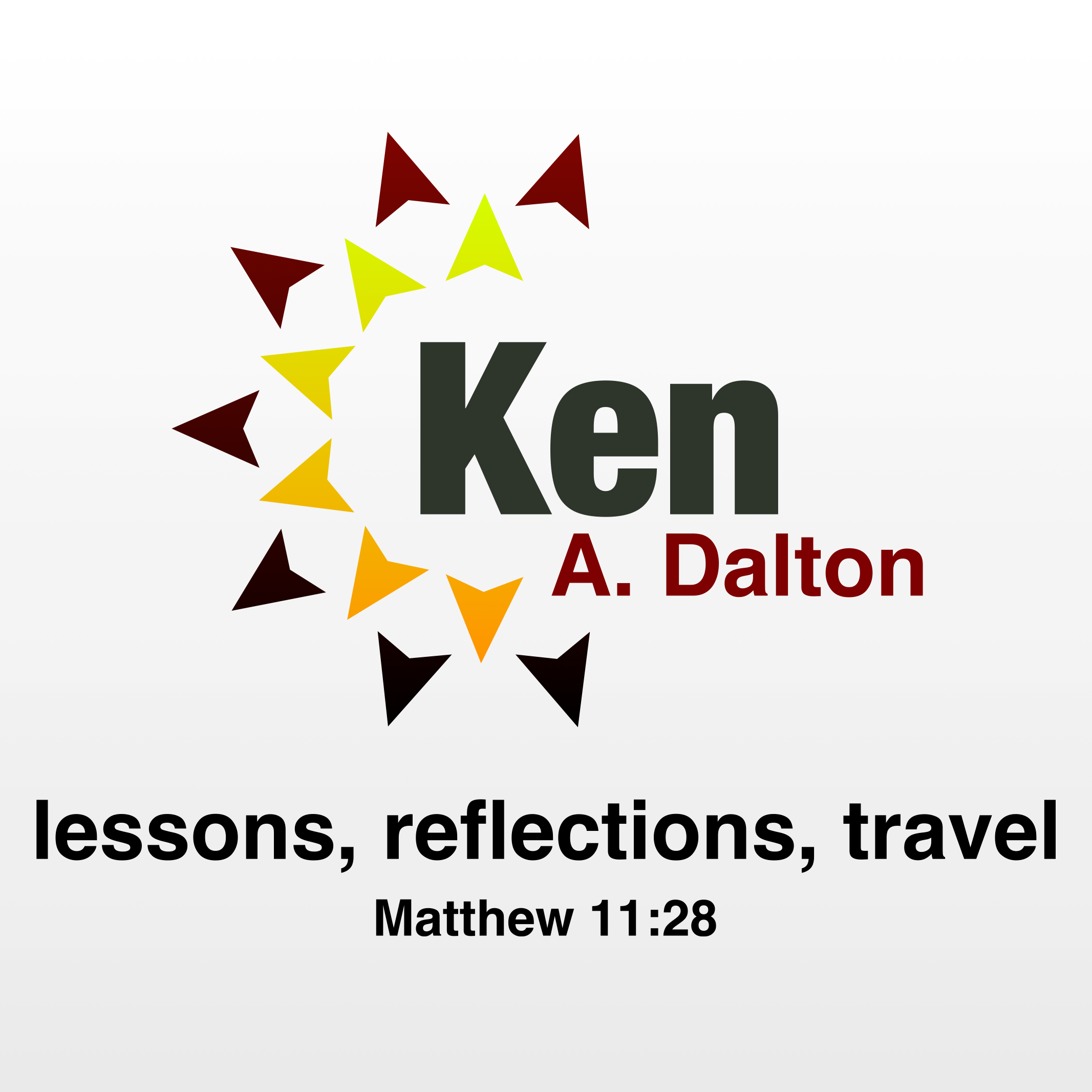
The opening paragraph of chapter 9 sets the tone for Philip Nation’s challenge to pick up the towel of servanthood:
“The kingdom of God has an upside down way about it. To gain, you must give. To be free, you must be a slave. To be first, you must be last. To be strong, you must be weak. To live, you must die. To succeed in life, you must serve.”
Of course, we all know that is not what our sinful nature desires. We want the world to come to us and take care of our needs and celebrate our importance over theirs. So, Jesus’ words in Matthew 20:26 still send us reeling: “It shall not be so among you. But whoever would be great among you must be your servant,”
Without question, it will take discipline to live as a servant. It is not the way I will live unless there is a constant intentionality on my part and surrender of my will to the Father’s.
Nation builds his argument around the images of two bowls in the Gospels. The bowl of Pilate that he used to wash his hands of responsibility and the bowl in the upper room that Jesus took up to wash his disciples’ feet. The picture is startling – the Son of God washing the feet of his immature, and in some cases, conniving disciples.
John 13:12–16 (ESV) 12 When he had washed their feet and put on his outer garments and resumed his place, he said to them, “Do you understand what I have done to you? 13 You call me Teacher and Lord, and you are right, for so I am. 14 If I then, your Lord and Teacher, have washed your feet, you also ought to wash one another’s feet. 15 For I have given you an example, that you also should do just as I have done to you. 16 Truly, truly, I say to you, a servant is not greater than his master, nor is a messenger greater than the one who sent him.
Nation offers this for our consideration – that Jesus’ example was for us to see that servanthood is a holy privilege and not a headache.
Pilate, when things became complicated and the pressure mounted, used a bowl of water to wash his hands of responsibility. Of course, we can only do this symbolically. If God holds us responsible, no amount of hand-washing will alleviate the responsibility the Lord has placed on us.
The pictures of Jesus and Pilate do offer us an easy way to imagine the choices before us many times each day. Will we seek to wash our hands of hard things and difficult people, or will we take up the towel and water and serve others – even those who may be plotting against us and who will soon show themselves unfaithful to their friendship with us.
The last few pages of the chapter contain a helpful discussion of categories of people for us to consider as we look at our servant-life. Are we serving the spiritually lost, the body of Christ, the world? What about the Biblical admonition to give special care to the widow, the orphan, and the immigrant? We’re often reminded of the Bible’s call to love and serve the poor. Philip Nation reminds us of another opportunity. What about meeting the massive needs of the affluent. Their needs are different than those of the poor, but they are great. Jesus, on several occasions, befriended the “up and out”, like Zacchaeus.
Ultimately, the greatest act of service we can offer anyone is the Gospel. As we reflect on Christ’s service to us, what greater gift did He give than His life for our sin. He died so we could live. As we serve, let us do better than Social Services. Let us always be moving toward the greatest act of serving possible – the offering of the Gospel to the people we serve.
PRAYER: Father God, thank you for showing me what service looks like. Thank you for your sacrifice of your Son so that I could be forgiven and saved. Help me to joyfully serve you and serve others each day. Amen
